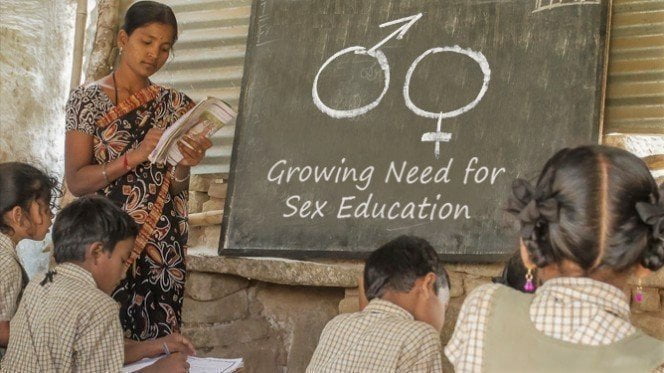New Delhi, June 26: The Kerala High Court in India has recommended the government to establish a committee and introduce “safe sex education” in school and college curriculums.
Emphasizing the importance of comprehensive sex education for young individuals, the court called upon the Chief Secretary to take appropriate action in response to this suggestion.
The court’s observation came in the context of a father’s request for a medical abortion of his daughter’s pregnancy, which was the result of her relationship with her younger brother.
The court emphasised the need of safe sex education and said, “We as a society are responsible for this. Such occurrences are caused by a lack of understanding of safe sex. Minor children are in front of ‘the internet’ and ‘Google search’. There is no guidance to the children.”
To address this issue, the court urged the government to consider forming a committee to investigate the matter and explore the inclusion of safe sex education in the curricula of schools and colleges.
It should be noted that the court had earlier authorised the pregnancy’s termination, which was subsequently challenged.
While case of pregnancy termination was still pending, the minor girl gave birth to a child. The court ordered the Child Welfare Committee to place the child under state protection and guarantee the wellbeing.
The incident draws attention to the fact that sex education is not mandatory in schools in India.
Surprisingly, studies show that 53% of kids between the ages of five and twelve have been victims of sexual abuse. India also has problems with a rapidly expanding population and high HIV infection rates.
Disturbingly, more than 50 percent of girls in rural areas are unaware of menstruation and its implications, according to The Times of India.
The Guardian, however, claims that India has the best sex education programmes in the world, but it also highlights the need for greater attention on implementation.
This incident prompts a broader discussion on the state of sex education worldwide.
Only 20% of nations have specific legislation addressing sexuality education, according to the Global Education Monitoring report from UNESCO, and only 39% of countries have dedicated national policies in this area.
The World Health Organization (WHO) recommends Comprehensive sexuality education (CSE), a curriculum-based method to teaching and learning about the numerous components of sexuality, including cognitive, emotional, physical, and social dimensions.
Promoting healthy sexual behaviours, preventing sexual abuse, and ensuring the wellbeing of youth depend on proactive steps to incorporate comprehensive sex education into school and college curricula.






